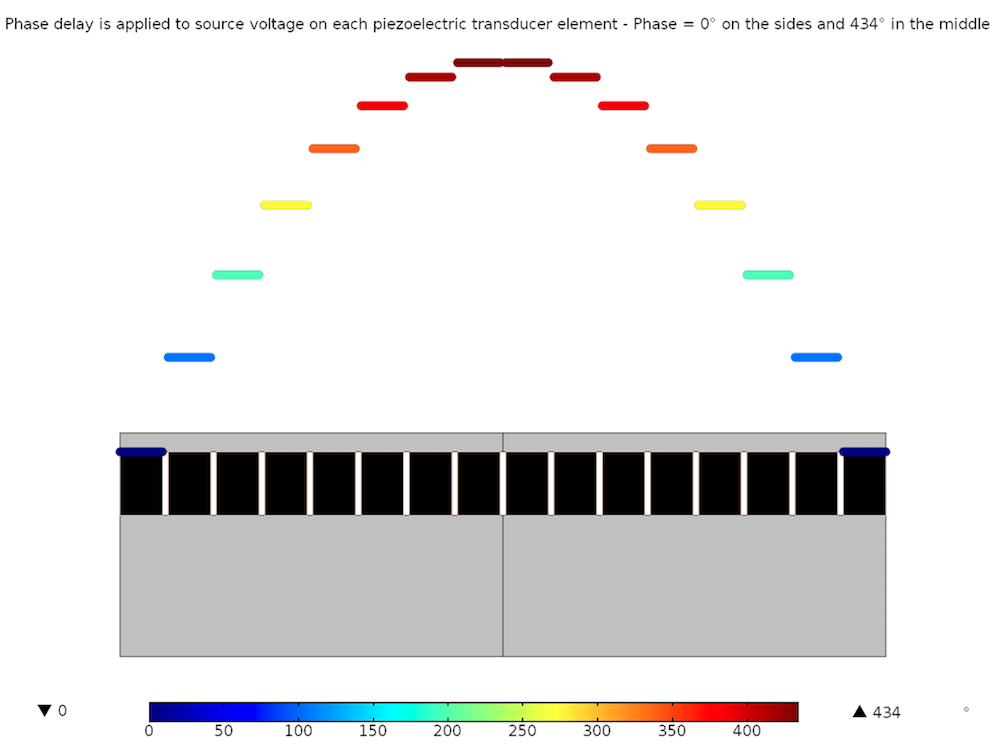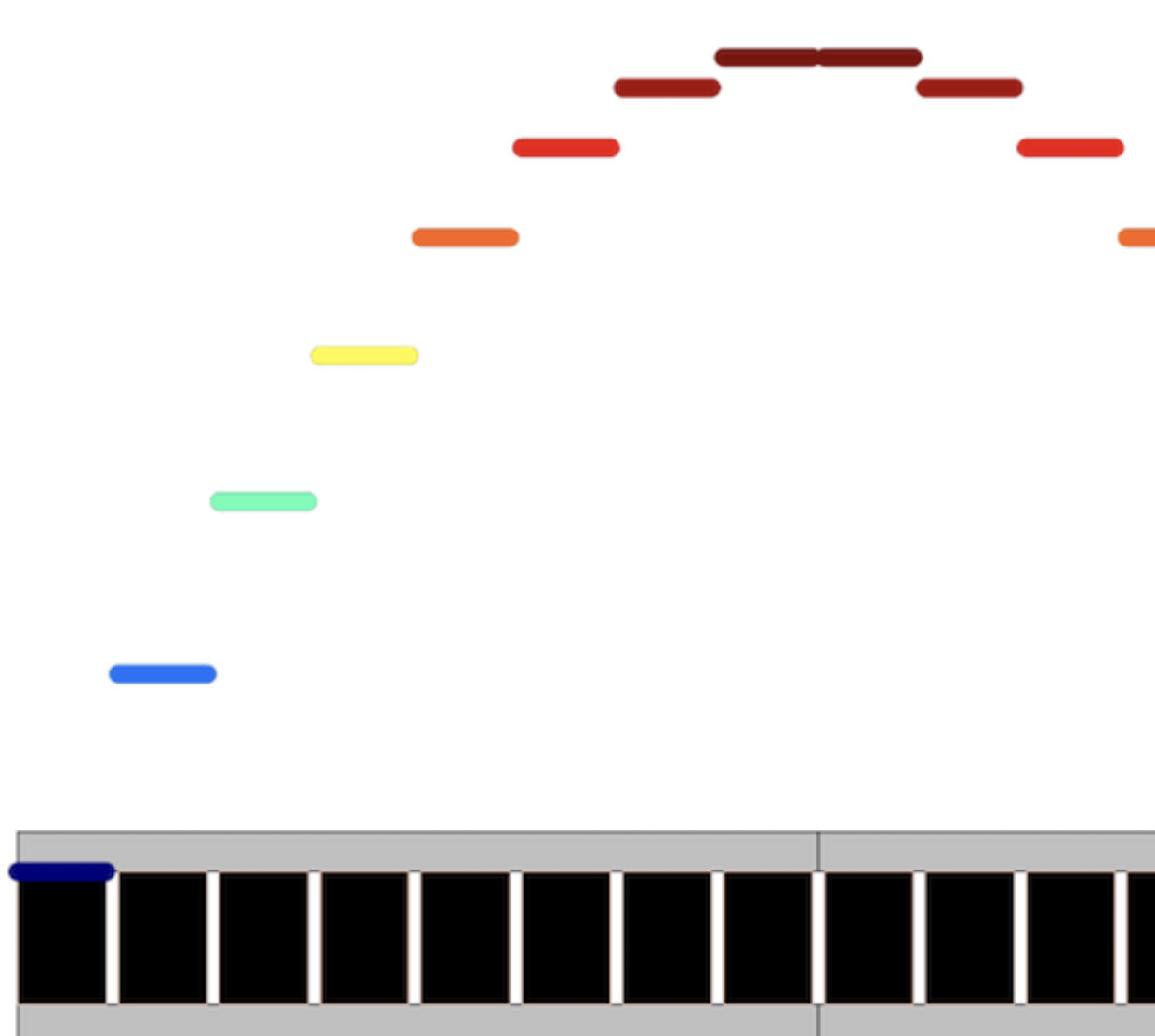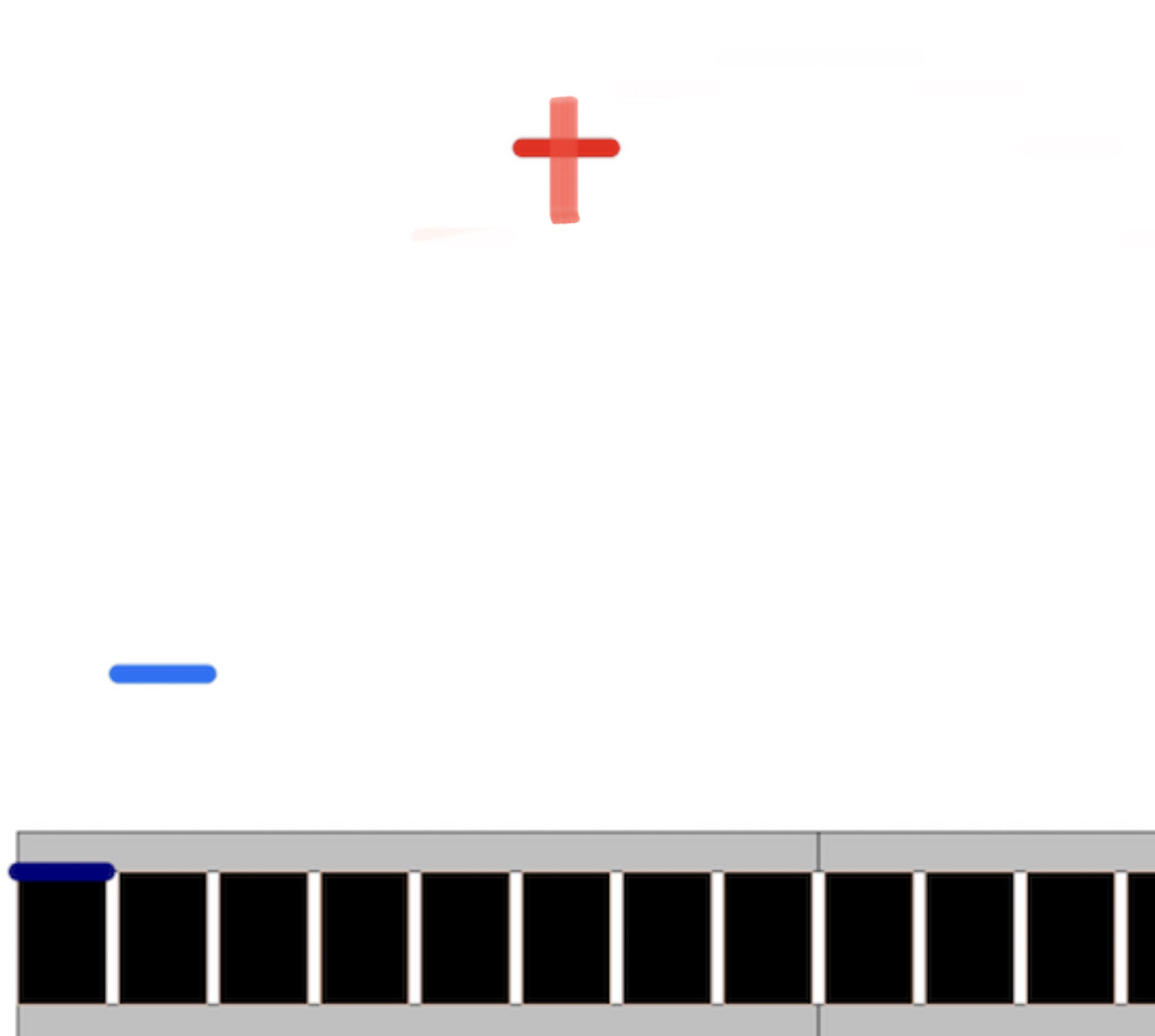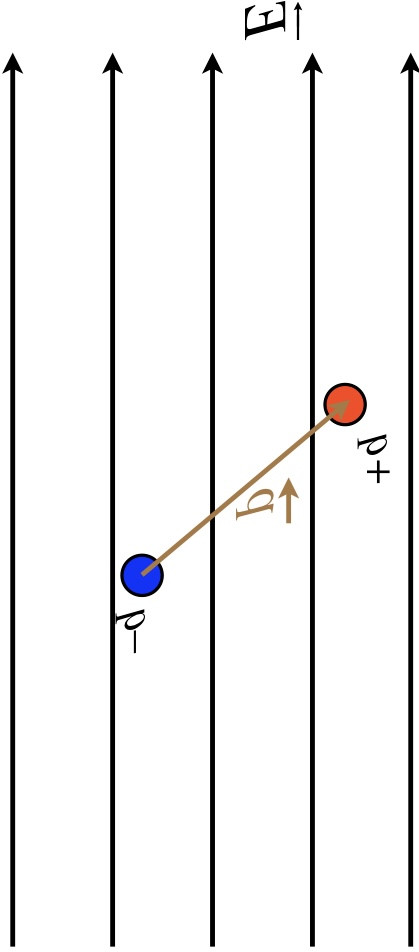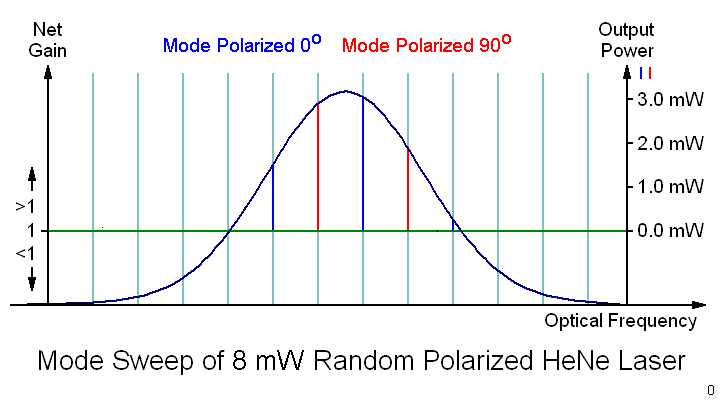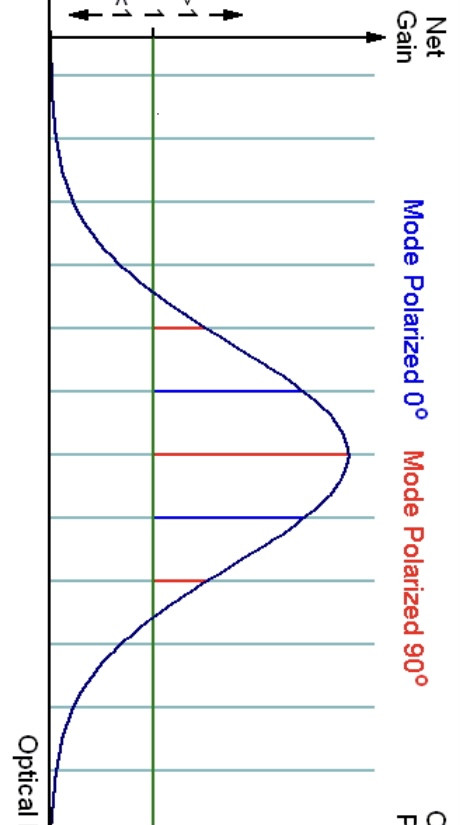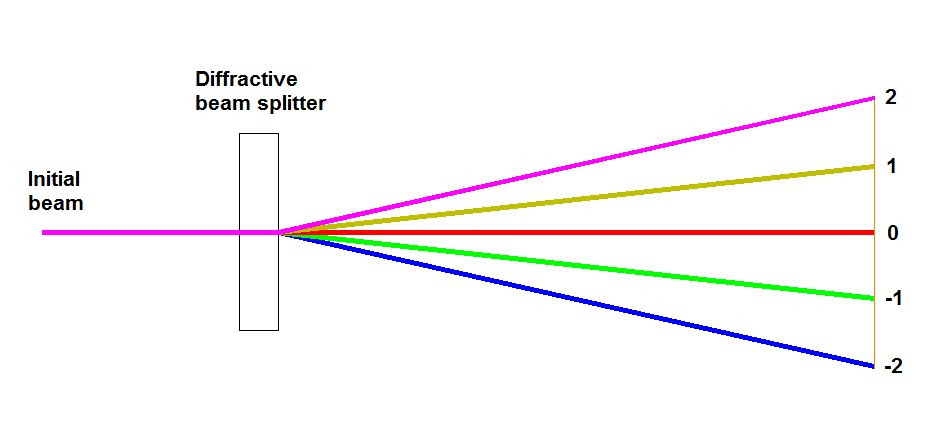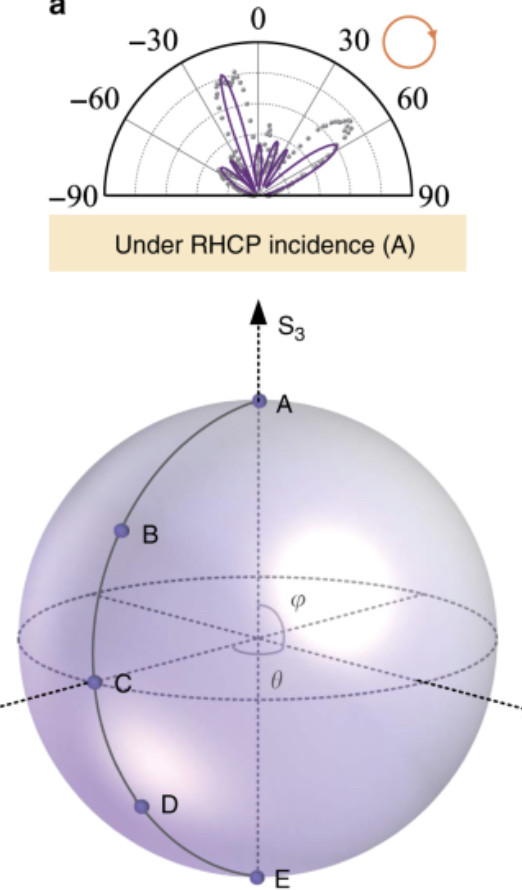Just sending you all some love.
🙏🏻❤️
QSI Telegram, Education, Quantum STELLAR Financial System, Medbeds, Liberty/Freedom, Checks & Balances, Disclosure, Ascension,💜♾️😇⚡️
💜💜💜 17 love.
💙🙏🏻❤️
a missing lettering
amazing (comparative more amazing, superlative most amazing)
Causing wonder and amazement; very surprising.
surprising (comparative more surprising, superlative most surprising)
Causing surprise.
A surprising number of people attended the rally.
Synonyms
astonishing, unexpected
uprising (plural uprisings)
A popular revolt that attempts to overthrow a government or its policies; an insurgency or insurrection.
Translations
a popular revolt
Verb
uprising
present participle of uprise
From Middle English uprisen, from Old English *ūprīsan (“to rise up”), equivalent to up- + rise. Cognate with Icelandic upprisa (“resurrection”), Middle Low German oprīsinge (“uprising”). Compare also Icelandic uppreisn (“an uprising, revolt”).
Verb
uprise (third-person singular simple present uprises, present participle uprising, simple past uprose, past participle uprisen)
(archaic) To rise; to get up; to appear from below the horizon.
(archaic) To have an upward direction or inclination
To rebel or revolt; to take part in an uprising.
uprise (plural uprises)
The act of rising; appearance above the horizon; rising.
rebel
Etymology
From Middle English rebel, rebell, from Old French rebelle, from Latin rebellis (“waging war again; insurgent”), from rebellō (“I wage war again, fight back”), from re- (“again, back”) + bellō (“I wage war”).
rebel (plural rebels)
A person who resists an established authority, often violently
rebellion
rebellious
rebel (third-person singular simple present rebels, present participle rebelling, simple past and past participle rebelled)
(intransitive) To resist or become defiant toward an authority.
Synonyms
defy
From Old French desfier, from Vulgar Latin *disfidare (“renounce one's faith”), from Latin dis- (“away”) + fidus (“faithful”). Meaning shifted in the 14th century from "be disloyal" to "challenge". Contrast confide, fidelity, faith.
defy (third-person singular simple present defies, present participle defying, simple past and past participle defied)
(transitive) To challenge (someone) or brave (a hazard or opposition).
to defy an enemy; to defy the power of a magistrate; to defy the arguments of an opponent; to defy public opinion
(transitive) To refuse to obey.
To not conform to or follow a pattern, set of rules or expectations.
(transitive, obsolete) To renounce or dissolve all bonds of affiance, faith, or obligation with; to reject, refuse, or renounce.
Notice: Trying to access array offset on value of type bool in /home/admin/www/v2.anonup.com/themes/default/apps/timeline/post.phtml on line 1
Notice: Undefined index: owner in /home/admin/www/v2.anonup.com/themes/default/apps/timeline/post.phtml on line 36
Notice: Trying to access array offset on value of type null in /home/admin/www/v2.anonup.com/themes/default/apps/timeline/post.phtml on line 36
Notice: Undefined index: owner in /home/admin/www/v2.anonup.com/themes/default/apps/timeline/post.phtml on line 37
Notice: Trying to access array offset on value of type null in /home/admin/www/v2.anonup.com/themes/default/apps/timeline/post.phtml on line 37
Only followers of this user () can see their posts
undetectability (uncountable)
The quality of being impossible or difficult to detect.
rare. Capable of being refracted; susceptible to refraction.
refractable (not comparable)
Capable of being refracted.
From Latin refrāctum, neuter form of refrāctus, the past participle of refringō, itself from re- (“again”) + frangō (“I break”).
Pronunciation
Rhymes: -ækt
Verb
refract (third-person singular simple present refracts, present participle refracting, simple past and past participle refracted)
(intransitive, of light) To change direction as a result of entering a different medium
(transitive, optics) To cause (light) to change direction as a result of entering a different medium.
A prism can refract light.
From Old French reflecter (“to bend back, turn back”), from Latin reflectō (“I reflect”), from re- (“again”) + flectō (“I bend, I curve”)
Pronunciation
IPA(key): /ɹɪˈflɛkt/
Audio (US)
(file)
Rhymes: -ɛkt
Verb
reflect (third-person singular simple present reflects, present participle reflecting, simple past and past participle reflected)
(transitive) To bend back (light, etc.) from a surface.
A mirror reflects the light that shines on it
(intransitive) To be bent back (light, etc.) from a surface.
The moonlight reflected from the surface of water.
(transitive) To mirror, or show the image of something.
The shop window reflected his image as he walked past.
(intransitive) To be mirrored.
His image reflected from the shop window as he walked past.
(transitive) To agree with; to closely follow.
Entries in English dictionaries aim to reflect common usage.
(transitive) To give evidence of someone's or something's character etc.
The team's victory reflects the Captain's abilities.
The teacher's ability reflects well on the school.
(intransitive) To think seriously; to ponder or consider.
People do that sort of thing every day, without ever stopping to reflect on the consequences.
reflectorize (third-person singular simple present reflectorizes, present participle reflectorizing, simple past and past participle reflectorized)
(US, traffic, transitive) To make reflective.
verb: rise; 3rd person present: rises; past tense: rose; gerund or present participle: rising; past participle: risen; adjective: rising
1.
move from a lower position to a higher one; come or go up.
"the tiny aircraft rose from the ground"
(of the sun, moon, or another celestial body) appear above the horizon.
"the sun had just risen"
rise above something) to deal well with a difficult or unpleasant situation.
to not allow something unpleasant to influence your behavior:
She rose above the personal tragedy in her life and moved on
levitate (third-person singular simple present levitates, present participle levitating, simple past and past participle levitated)
(transitive) To cause to rise in the air and float, as if in defiance of gravity.
The magician levitated the woman.
levitāte
ablative singular of levitās
Recently retired, no longer affiliated with any party. Constitutional patriot listening for God’s word
See Marina Abrinov
Leave it as it is - means - Remain in its original position as far as I'm concerned. Changes not required.
late Middle English: from Old French remain-, stressed stem of remanoir, from Latin remanere, from re- (expressing intensive force) + manere ‘to stay’.



